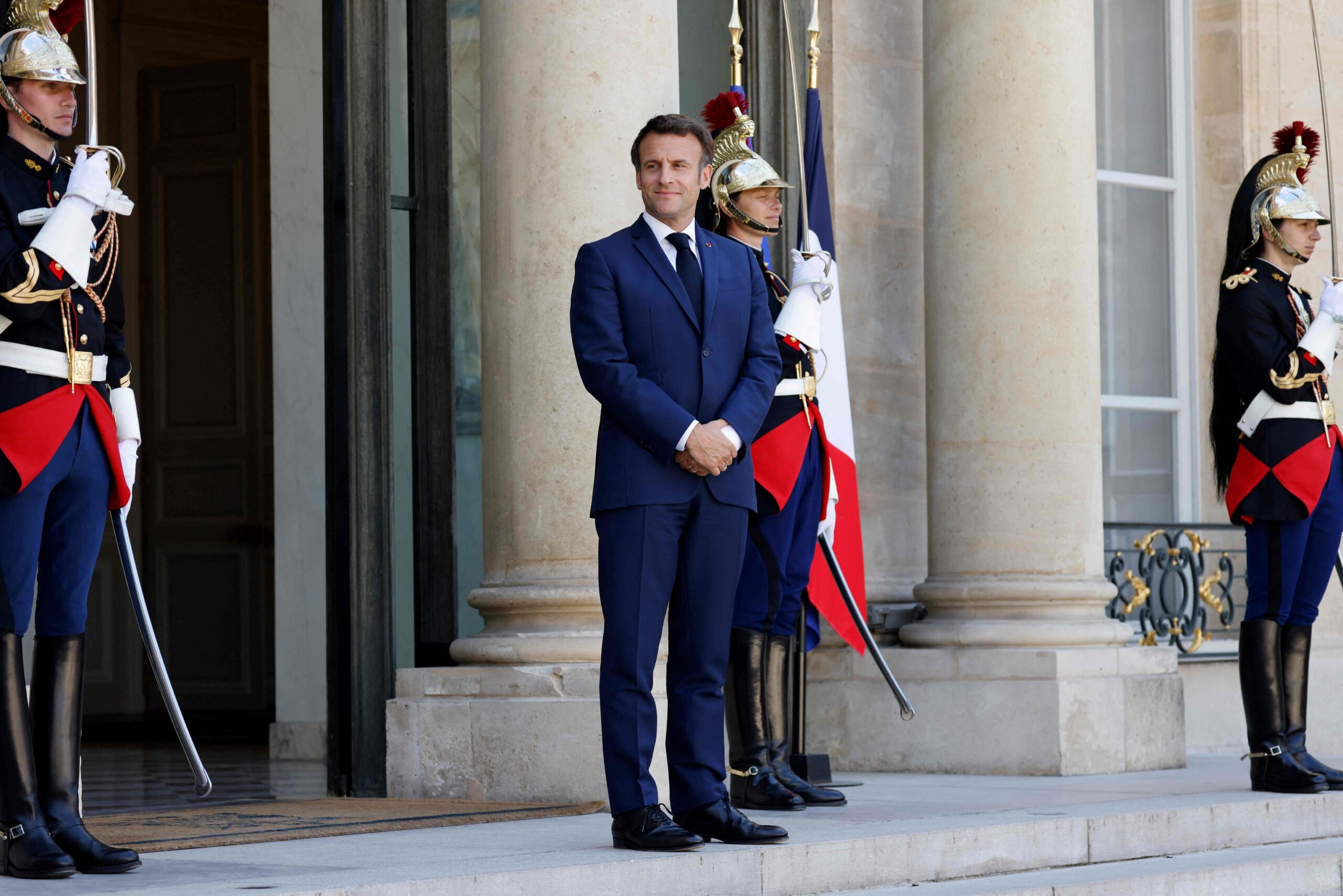The French Presidency announced this Friday the composition of the new Government, which combines renewal and continuity, since heavyweights such as the Ministers of the Economy, Bruno Le Maire, and of the Interior, Gérald Darmanin, follow.
The conservative diplomat Catherine Colonna, government spokesperson during the presidency of Jacques Chirac, will be the head of Foreign Affairs, according to the list announced by the secretary general of the Elysee, Alexis Kohler.
The new Executive also includes several faithful macronistas who have been promoted, such as the former Secretary of State Olivia Grégoire, who becomes the new spokesperson for the French Executive.
The adviser to the president Rima Abdul Malak comes out of anonymity to head the Ministry of Culture, replacing the conservative Roselyne Bachelot, while Stanislas Guerini, general delegate of President Emmanuel Macron’s party, will deal with Public Function.
Among the 17 ministries announced, six delegate ministers and four secretaries of state, other names from the Macronist environment stand out, such as the head of Health who managed the pandemic, Olivier Véran, who becomes the delegate minister of the prime minister responsible for relations with the Parliament.
The Ministry of Health will now fall to Brigitte Bourguignon, a former Socialist deputy in 2012 and again in 2017 with La República en Marcha, Macron’s party, renamed “Renaissance” in 2022.
Amélie de Montchalin also stands out, one of the youngest faces of the new Executive, 36, now Minister of Ecological Transition and Cohesion of the Territories, while Agnès Panier Runacher will be Minister of Energy Transition.
The Minister of Justice, the controversial lawyer Éric Dupond-Moretti, repeats in office, and the former Overseas Minister Sébastien Lecornu will now deal with Defense, while the Macronist deputy Yaël Braun-Pivet will be in charge of Overseas.
Historian Pap Nd’iaye, professor at the prestigious Sciences Po university and director of the Museum of Immigration, will be minister of National Education and Youth, and the head of Higher Education and Research will be physicist Sylvie Retailleau, from the directorate of the Paris-Saclay University.
The name change of some ministries, such as the Economy, Finance and Industrial and Digital Sovereignty, as well as the Agriculture and Food Sovereignty, which fell to the centrist Marc Fesnau, was surprising.
This claim to sovereignty coincides with Macron’s promises to increase the country’s autonomy and independence in industrial and food production.
The conservative Damien Abad, who has just left the leadership of the parliamentary group of the conservative party Los Republicanos, will be the Minister of Solidarity, Autonomy and People with Disabilities.
Finally, the portfolio of Sports and Olympic and Paralympic Games has fallen to the until now director of the French Tennis Federation, Amélie Oudéa-Castéra.
Conforms to The Trust Project criteria
















